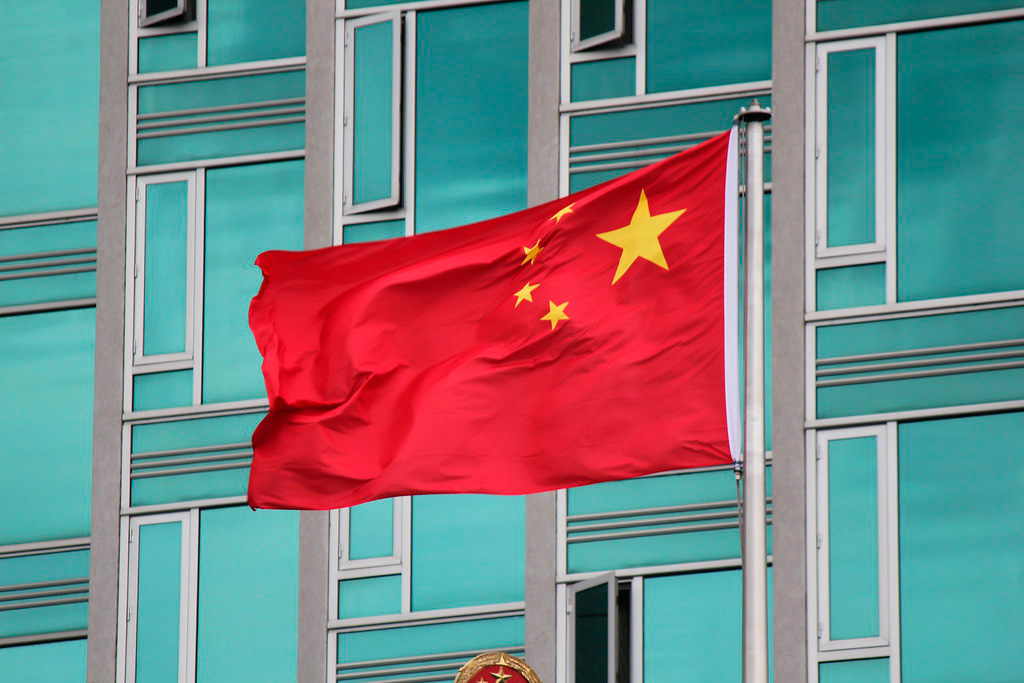By Jacob Gu, Li Liu and Tom Hancock
China ordered its largest cities to step up preparations for future medical emergencies by building leisure and recreational facilities that can be used for quarantine during a pandemic, several months after the leadership abandoned its zero-tolerance approach to Covid-19.
The so-called “dual emergency and normal use” facilities will be “actively” built in megacities across the country, the official Xinhua news agency cited Vice Premier He Lifeng as saying during a conference on Thursday. The facilities will be used for tourism, recreation and healthcare in normal times. During emergencies, they will serve as medical treatment and quarantine centers as well as storage spaces for supplies, according to the report.
He labeled the infrastructure drive as part of efforts to “balance development and security,” a term used by President Xi Jinping to refer to combining economic growth with measures to better prepare for major risks such as pandemics.
China’s government wants to rally private capital in the construction and maintenance of the facilities, according to the report, which didn’t specify how much investment will be needed.
The comments also followed Beijing’s latest pledges to rebuild a shattered private sector after limited steps so far this year have done little to bolster its weakening economic growth.
The private sector produces more than 60% of gross domestic product and accounts for more than 80% of urban jobs.
Investment by private firms contracted 0.2% in the first half of the year, official data showed this week, compared with an 8.1% expansion by state-owned businesses.
Covid Zero
Cities across China rushed to build quarantine facilities and emergency hospitals from 2020-2022, when the country enforced a strict zero-tolerance approach to battle the pandemic. That policy suddenly ended in December, leaving those facilities unused. They have since been converted into housing or tourism sites.
The ruling Communist party’s politburo, the top decision making body, called for the construction of these “dual emergency and normal use” facilities along with shantytown reconstruction at a meeting in April. China’s top economic planning agency said in a statement later that month that the largest cities should plan to build homes and hotels which can be used as emergency accommodation, as well as large-scale makeshift hospitals.
Building the facilities is “an important measure to balance the country’s needs for security and growth, and to advance high-quality development of cities,” according to the July 14 State Council meeting presided over by Premier Li Qiang.
© 2023 Bloomberg L.P.

